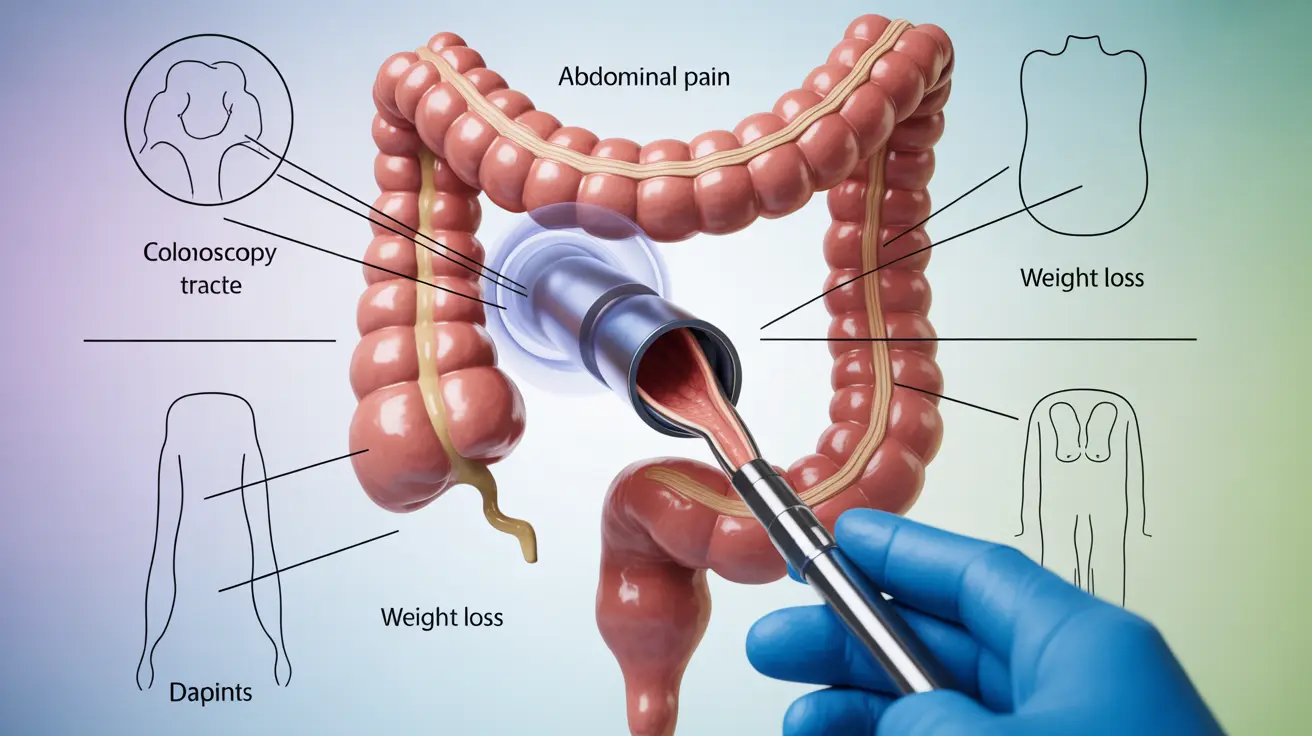Colon lymphoma is a rare but serious type of cancer that develops in the large intestine's lymphoid tissue. Unlike more common colorectal cancers that begin in the colon's lining, lymphoma starts in the immune system cells within the colon wall. Understanding this condition's unique characteristics, symptoms, and treatment approaches is crucial for early detection and effective management.
This comprehensive guide explores the key aspects of colon lymphoma, including its warning signs, diagnostic processes, and available treatments, helping you better understand this distinct form of cancer.
Key Symptoms of Colon Lymphoma
Recognizing the symptoms of colon lymphoma is essential for early detection. Common warning signs include:
- Persistent abdominal pain or discomfort
- Unexplained weight loss
- Changes in bowel habits
- Blood in stool
- Night sweats
- Fatigue
- Low-grade fever
- Loss of appetite
It's important to note that these symptoms can also indicate other digestive conditions, but persistent symptoms warrant medical attention.
Diagnostic Process and Testing
Diagnosing colon lymphoma requires a comprehensive evaluation process that typically includes multiple steps:
Initial Assessment
The diagnostic journey usually begins with a thorough physical examination and detailed medical history review. Your healthcare provider will discuss your symptoms, family history, and risk factors.
Diagnostic Tests
Several specific tests may be used to confirm a colon lymphoma diagnosis:
- Colonoscopy with biopsy
- CT scan or PET scan
- Blood tests
- Immunophenotyping
- Bone marrow examination (in some cases)
Risk Factors and Causes
While the exact cause of colon lymphoma isn't always clear, several factors may increase risk:
- Weakened immune system
- Inflammatory bowel disease
- HIV/AIDS
- Previous radiation exposure
- Advanced age
- Certain genetic conditions
Treatment Approaches
Treatment for colon lymphoma typically involves a combination of approaches, tailored to each patient's specific situation:
Primary Treatment Options
- Chemotherapy
- Radiation therapy
- Targeted therapy
- Immunotherapy
- Surgery (in specific cases)
The choice of treatment depends on factors such as the lymphoma type, stage, and overall health status of the patient.
Distinguishing Features from Other Colon Cancers
Colon lymphoma differs from traditional colorectal cancer in several important ways:
- Origin in immune system cells rather than colon lining
- Different treatment approaches
- Distinct growth patterns
- Varying prognosis and survival rates
- Different risk factors
Frequently Asked Questions
What are the common symptoms that might indicate colon lymphoma?
Common symptoms include persistent abdominal pain, unexplained weight loss, changes in bowel habits, blood in stool, night sweats, fatigue, and fever. These symptoms may develop gradually and can be similar to other digestive conditions.
How is colon lymphoma diagnosed and what tests are involved?
Diagnosis typically involves multiple tests, including colonoscopy with biopsy, imaging studies (CT or PET scans), blood tests, and immunophenotyping. A bone marrow examination may also be necessary in some cases.
What causes colon lymphoma and who is at higher risk of developing it?
While the exact cause isn't always clear, risk factors include a weakened immune system, inflammatory bowel disease, HIV/AIDS, previous radiation exposure, and certain genetic conditions. People with these risk factors or over 60 years of age may have a higher chance of developing colon lymphoma.
What treatment options are available for colon lymphoma?
Treatment options include chemotherapy, radiation therapy, targeted therapy, immunotherapy, and sometimes surgery. The specific treatment plan is individualized based on the type and stage of lymphoma, as well as the patient's overall health status.
How is colon lymphoma different from other types of colon cancer?
Colon lymphoma originates in the immune system cells within the colon wall, unlike traditional colorectal cancer which starts in the colon's lining. This difference affects treatment approaches, growth patterns, and overall prognosis. Treatment typically focuses more on systemic therapies like chemotherapy rather than surgery.




